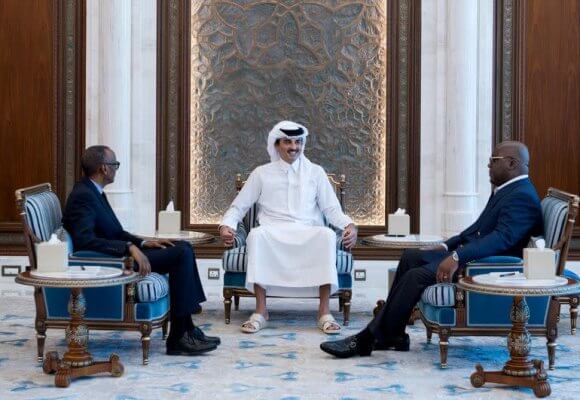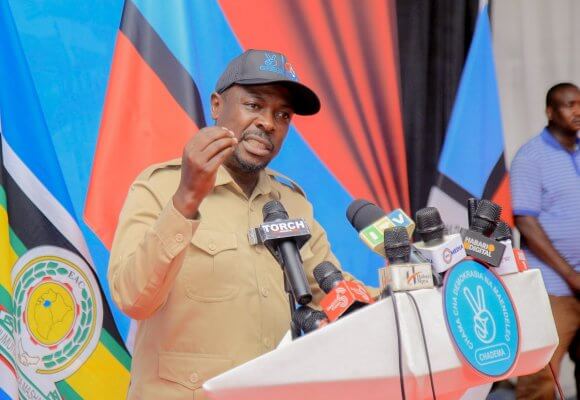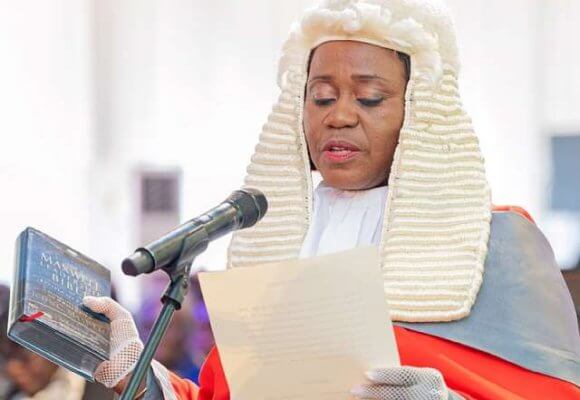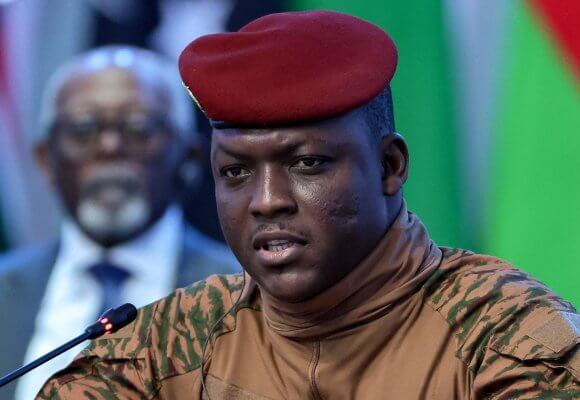|
LISTEN TO THIS THE AFRICANA VOICE ARTICLE NOW
Getting your Trinity Audio player ready...
|
Niger Military Ousts President Bazoum In A Coup
On Wednesday, July 26, 2023, a group of soldiers in Niger announced a coup d’état, overthrowing President Mohamed Bazoum. The coup leaders, who identified themselves as members of the National Restoration Council for Democracy and Sovereignty (CNRDR), said they had taken control of the country because of the “deteriorating security situation” and “poor economic and social governance.”
The coup began on Wednesday morning, when soldiers from the presidential guard surrounded the presidential palace in Niamey, the capital of Niger. The soldiers then detained President Bazoum and other government officials. In a televised address, the coup leaders said they had dissolved the constitution, suspended parliament, and closed the country’s borders.
The coup was met with widespread condemnation from the international community. The United Nations, the African Union, and the European Union all called for the immediate release of President Bazoum and the restoration of constitutional order. The United States also condemned the coup and said it would work with its partners to “ensure the return of democracy and stability to Niger.”
The United Nations (UN) said it has suspended its humanitarian operations in Niger. On Thursday, UN Secretary-General Antonio Guterres demanded the release of Mr Bazoum “immediately and unconditionally”.
Despite the developments, Bazoum tweeted a defiant statement on Thursday morning: “The hard-won achievements will be safeguarded. All Nigeriens who love democracy and freedom will see to it.”
On Thursday, coup supporters attacked the headquarters of the ousted president’s party. They set it on fire, stoning and burning cars outside. The small group of arsonists had broken away from a larger show of support for the coup leaders outside parliament, where Russian flags were on show.
The army also gave its backing to the troops who detained Bazoum on Wednesday. Meanwhile, Russia Friday joined other countries in calling for his release.
The 64-year-old was elected as Niger’s president two years ago, and has been a key Western ally in the fight against Islamist militants in West Africa.
Ghana Abolishes Death Penalty
Ghana’s parliament voted on Tuesday to abolish the death penalty, making the country the latest in a wave of African nations to repeal capital punishment.
The vote was unanimous, with all 275 members of parliament in favor. The bill, which will now go to President Nana Akufo-Addo for his signature, will substitute life imprisonment for the death penalty.
No one has been executed in Ghana since 1993, although 176 people were on death row as of last year, according to the Ghana prisons service.
The move to abolish the death penalty in Ghana is in line with a growing global trend. Over the past two decades, more than 20 countries have abolished the death penalty, including several in Africa.
Mali Drops French as Official Language
On Wednesday, July 26, Mali officially dropped French as its official language. The decision was made in a referendum held in June, in which 96.91% of voters voted in favor of the change.
The move has been met with mixed reactions. Some people have welcomed the decision, arguing that it is a step towards Mali’s cultural and linguistic independence. Others have criticized the decision, arguing that it will make it more difficult for Mali to communicate with the outside world. They argue that French is the language of international diplomacy, and that Mali’s decision to drop it will make it more difficult for the country to participate in the global community.
French has been the official language of Mali since the country gained independence from France in 1960. However, Mali is a multilingual country, with over 70 different languages spoken. Of these, Bambara is the most widely spoken language, followed by Malinké, Soninke, and Dogon.
The decision to drop French as the official language was made by the military junta that has ruled Mali since 2020. The junta has said that the decision is a way to “reassert Mali’s cultural identity” and to “promote the use of our national languages.”
The junta has also said that French will remain the “working language” of Mali, and that it will continue to be used in schools and government. However, the 13 national languages will now have equal status with French, and they will be used in official documents and in the media.





























LEAVE A COMMENT
You must be logged in to post a comment.